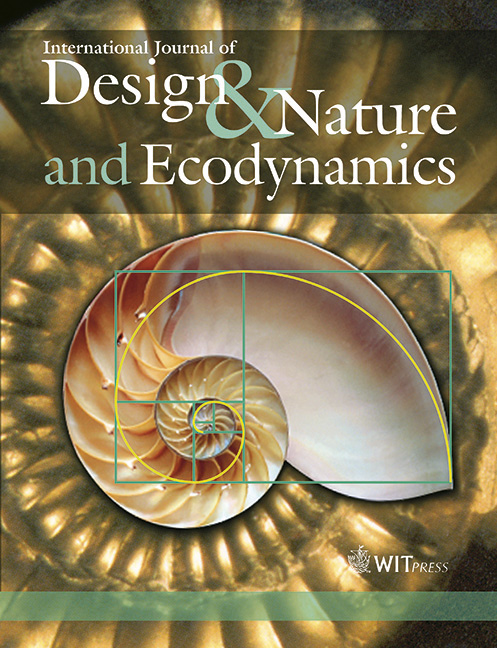The practice of sustainability in response to the challenges of agriculture in Mexico
Price
Free (open access)
Volume
Volume 12 (2017), Issue 3
Pages
13
Page Range
324 - 337
Paper DOI
10.2495/DNE-V12-N3-324-337
Copyright
WIT Press
Author(s)
A. CALLEROS-ISLAS
Abstract
In Mexico, as in most food producing countries, a complex problem is found in the convergence of a need for a change in the current agro-industrial model for economic, social and environmental reasons and growing food demand. While the existence of strong economic barriers that question the continuity of conventional agribusiness is recognized, it is observed that alternatives such as organic farming have emerged within the same productive and commercial model. Although a sustainability approach broadens the scope of analysis the question is if it consolidates better agricultural practices while supporting decision-making processes and achieving yield goals. Settling previous research results, this paper aims to answer this question through the transposition of theoretical aspects of a case study: a project currently being held in Jalisco, Mexico to promote organic agriculture among maize producers. The exercise provided useful information on results and drawbacks to be expected when applying sustainable prin- ciples in the field. It was possible to implement practical actions appropriate to the socio-environmental context that matched economic goals of local farmers, improved soil quality and decreased environ- mental impacts and external dependence of rural Mexican communities. Nevertheless, the lack of trust between farmers and public institutions, skepticism towards change, the prevalence of immediacy and uncertainty of resource allocation make it hard to achieve any progress questioning whether results can be maintained long-term to facilitate the transition of agroecosystems towards a more sustainable future.
Keywords
agroecosystems, local development, organic agriculture, policy-making, sustainability




